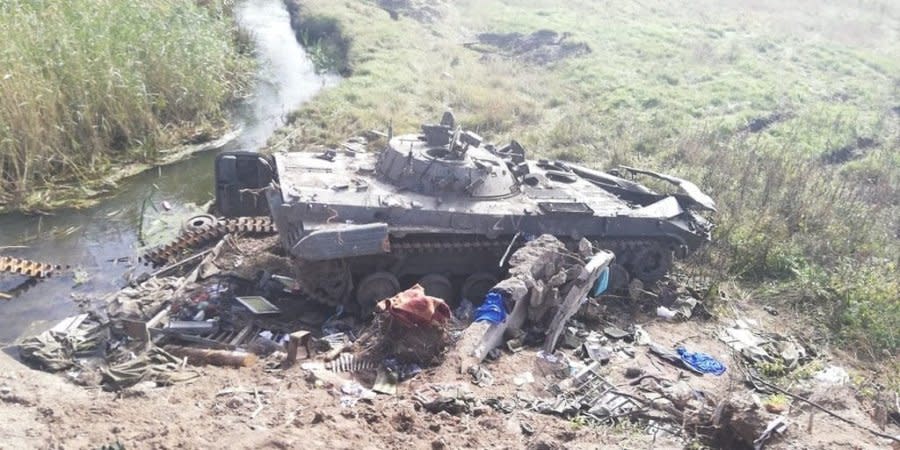Russia prepares to withdraw from Kherson Oblast, but it won’t be easy, says British intel

Read also: Zelenskyy urges Ukrainians to leave Russia-occupied areas
The recently appointed commander of Russian forces in Ukraine, General Sergei Surovikin, told Russian media on Oct. 18 that “a difficult situation has emerged” in Kherson Oblast. He endorsed the previously announced plans of the occupation authorities to evacuate the civilian population, UK intelligence said.
“As the overall operational commander, Surovikin’s announcement highlighting negative news about the so-called ‘special military operation’ is highly unusual. It likely indicates that the Russian authorities are seriously considering a major withdrawal of their forces from the area west of the Dnipro river,” the report says.
UK intelligence assesses that in case of Russia’s decision to retreat, the key challenge for them would be extracting troops and their equipment across the kilometer-wide river in good order.
Read also: Ukrainian army continues successful counter-offensive on southern front, says UK intelligence
“With all the permanent bridges severely damaged, Russia would highly likely rely heavily on a temporary barge bridge it completed near Kherson in recent days, and military pontoon ferry units, which continue to operate on several locations,” the British intelligence said.
Kherson collaborator Vladimir Saldo announced on Oct. 18 that the residents of the Russian-occupied areas of Kherson Oblast are to be taken to the left bank of the Dnipro river. Russia’s collaborators also announced that they had banned entry into the region for civilians for seven days.
Read also: Putin announces martial law in Ukraine’s Russian-occupied territories
Deporting civilians from an area under military occupation is a war crime.
Read the original article on The New Voice of Ukraine

